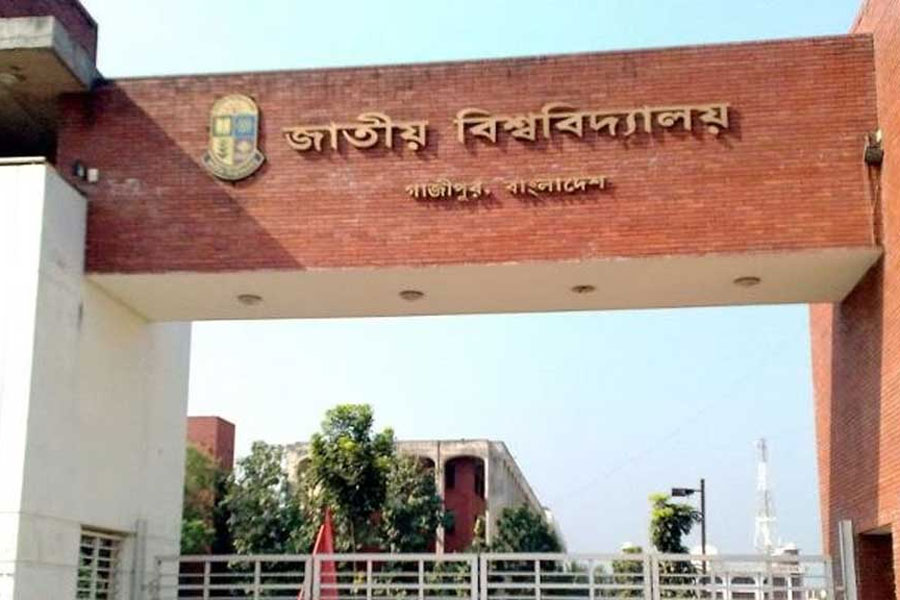
Published :
Updated :

A study conducted by the Bangladesh Institute of Development Studies (BIDS) has revealed that 28.24 per cent of graduates from colleges affiliated with the National University remain unemployed.
The rate is two times higher than that in the Labour Force Survey 2023. According to the Bangladesh Bureau of Statistics (BBS) LFS survey, the unemployment rate for people with tertiary level education in Bangladesh was 13.11 per cent in 2023.
The findings, presented on Monday during the third day of the Annual BIDS Conference on Development 2024, highlighted the significant challenges facing these graduates in securing employment.
The session, titled BIDS Work III: Education and Health, was held at a city hotel and is set to conclude today.
According to the study, unemployment among female graduates is notably higher at 34.31 per cent compared to 19.96 per cent for their male counterparts.
The research also indicated that rural graduates face an unemployment rate 1.5 times higher than those educated in urban areas, pointing to geographical disparities in employment opportunities.
Graduates from non-science disciplines are particularly disadvantaged, with higher unemployment rates observed among those who studied subjects like BA (pass), political science, library management, Bangla, and Islamic history. By contrast, science graduates fare relatively better in the job market.
Despite these challenges, 36 per cent of National University graduates are employed as teachers or assistant teachers, providing a glimmer of hope in an otherwise bleak scenario.
The study also found that 16.2 per cent of graduates have turned to self-employment, while 13.22 per cent are working part-time alongside their studies.
Employers surveyed in the study identified key skills they seek in graduates, with 90 per cent emphasising the importance of ICT and English language proficiency.
Other desirable attributes include communication skills (78 per cent), problem-solving abilities (75 per cent), and teamwork (61 per cent).
The data for the study was collected from a diverse sample that included 61 colleges, comprising 17 government and 44 non-government institutions.
A total of 1,340 graduates, 670 current students, 61 college principals, and 100 employers participated in the research, offering a comprehensive view of the issues. During his presentation, Research Director at BIDS SM Zulfiqar Ali pointed out several challenges that colleges under the National University face.
These include low student attendance rates and an acute lack of opportunities for students to develop technical, soft, and socio-emotional skills.
Many of the subjects offered by these colleges, such as general history, islamic history, political science, and philosophy, have limited demand in the job market.
Furthermore, collaboration between these institutions and industry is almost non-existent, further compounding the employability crisis.
bdsmile@gmail.com


 For all latest news, follow The Financial Express Google News channel.
For all latest news, follow The Financial Express Google News channel.